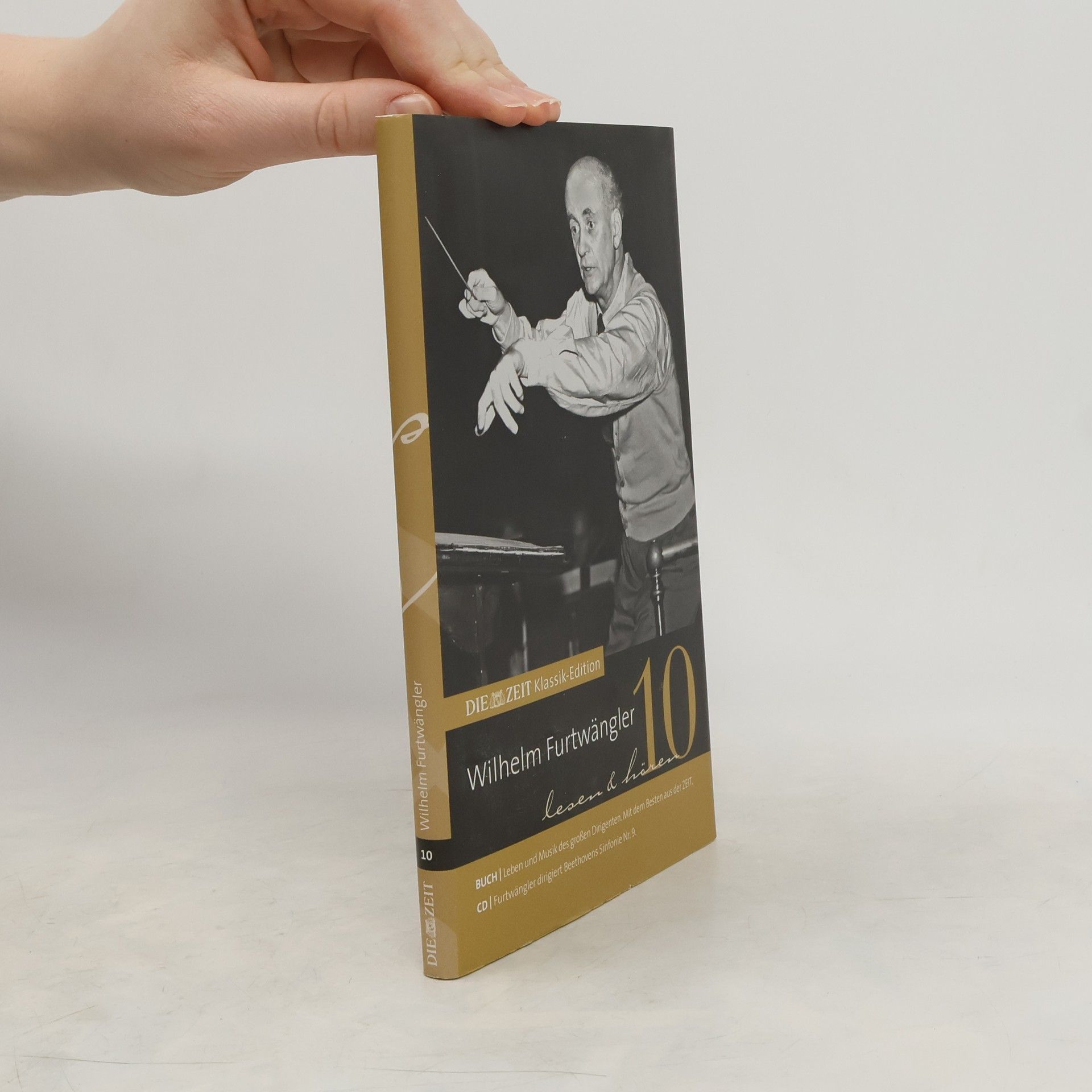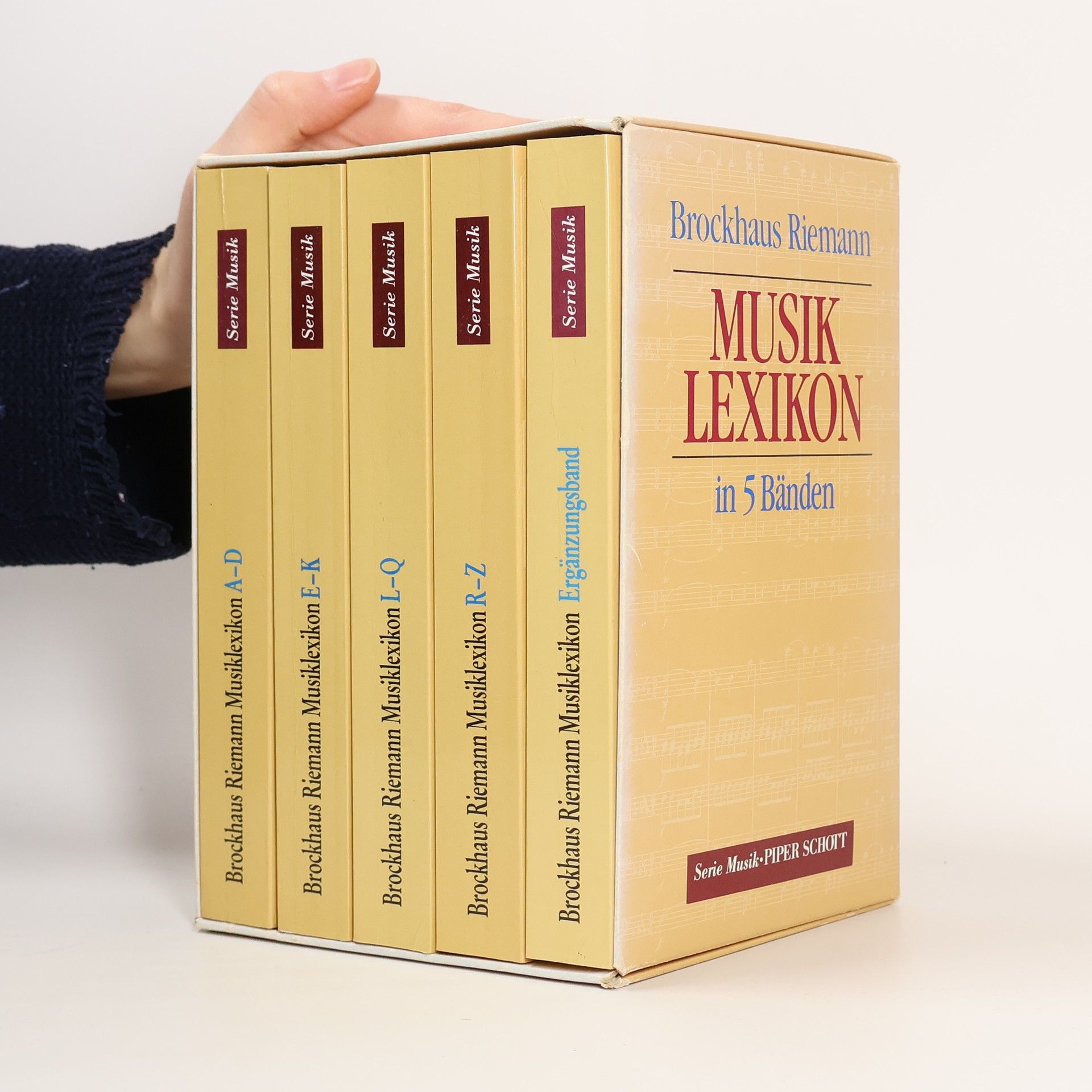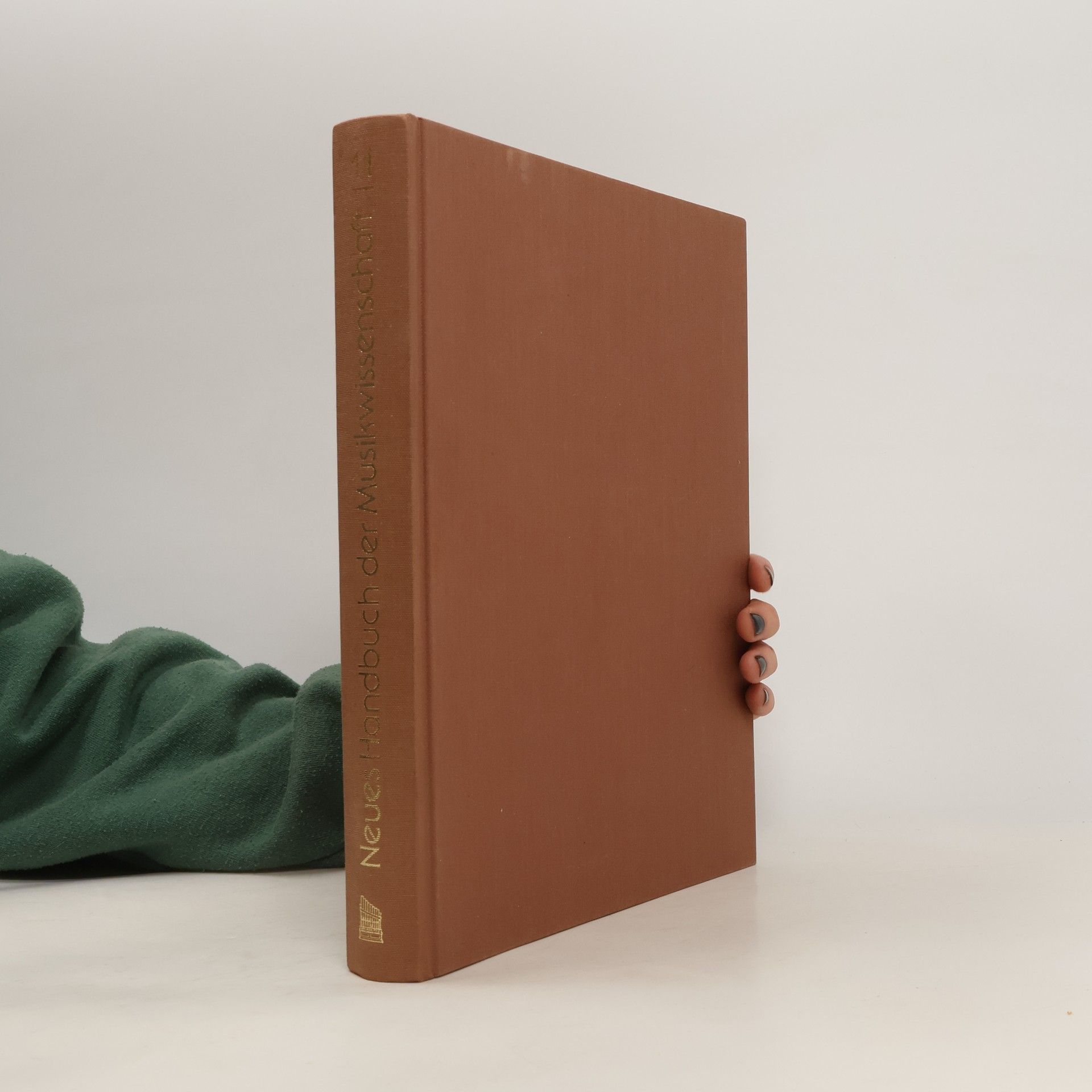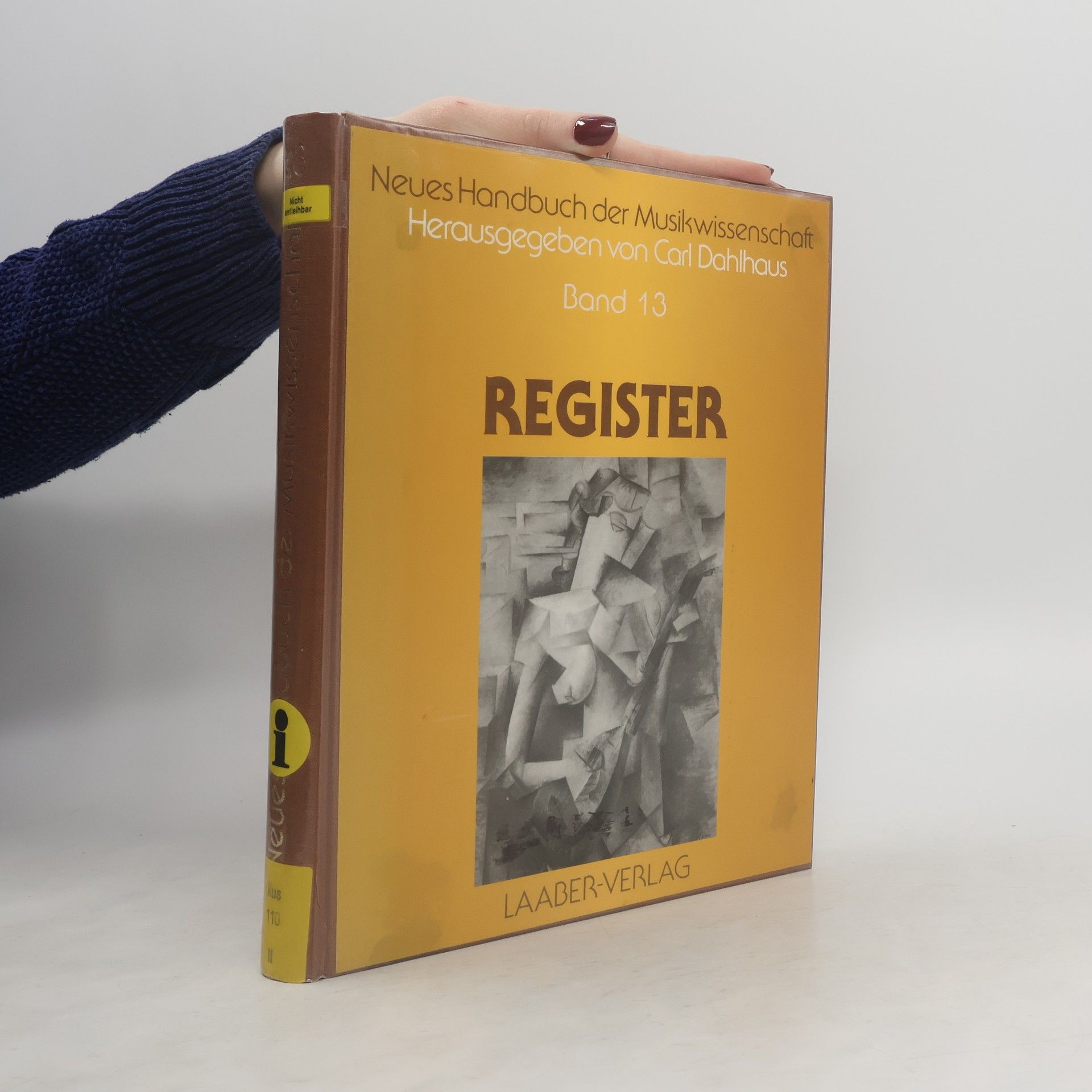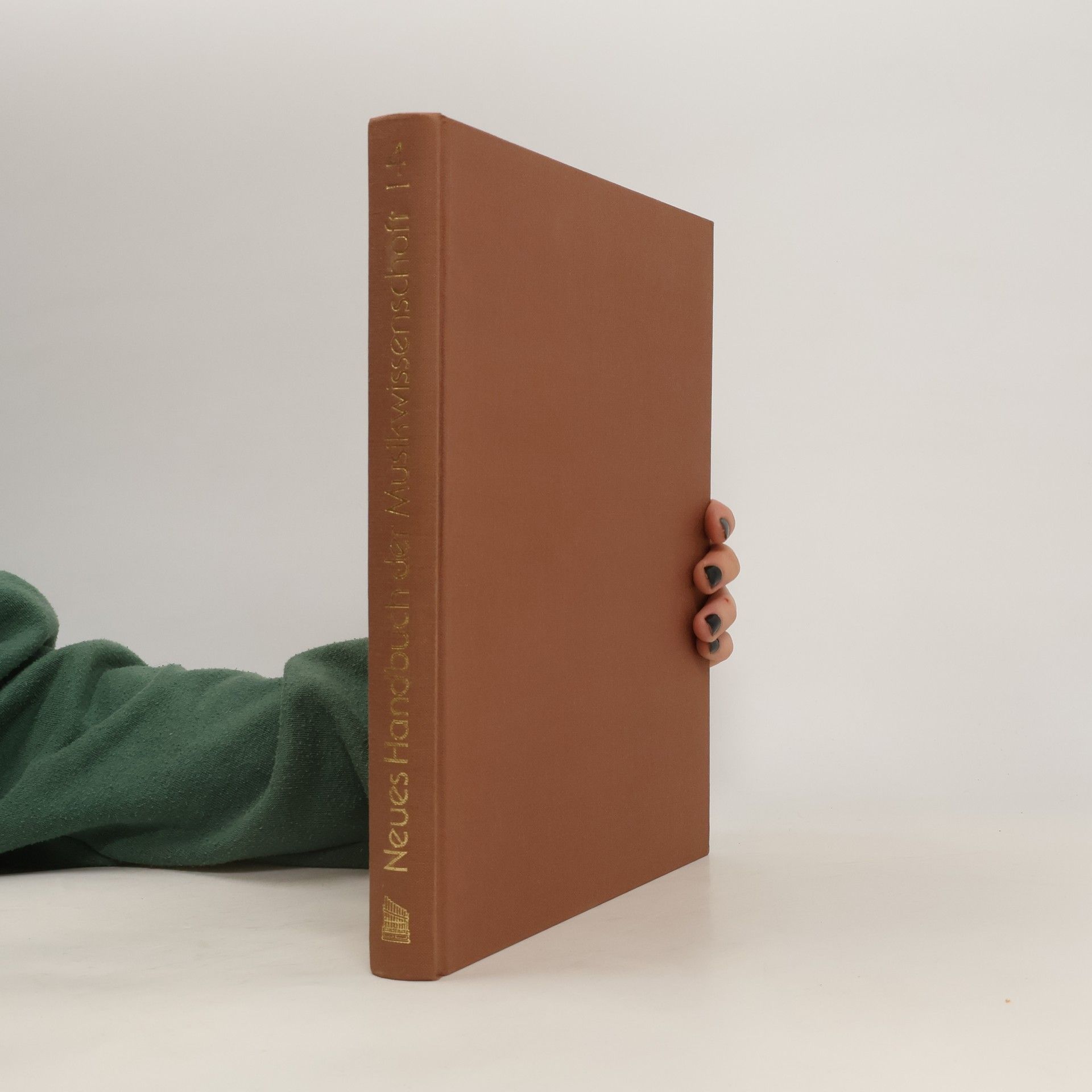Carl Dahlhaus Book order (chronological)




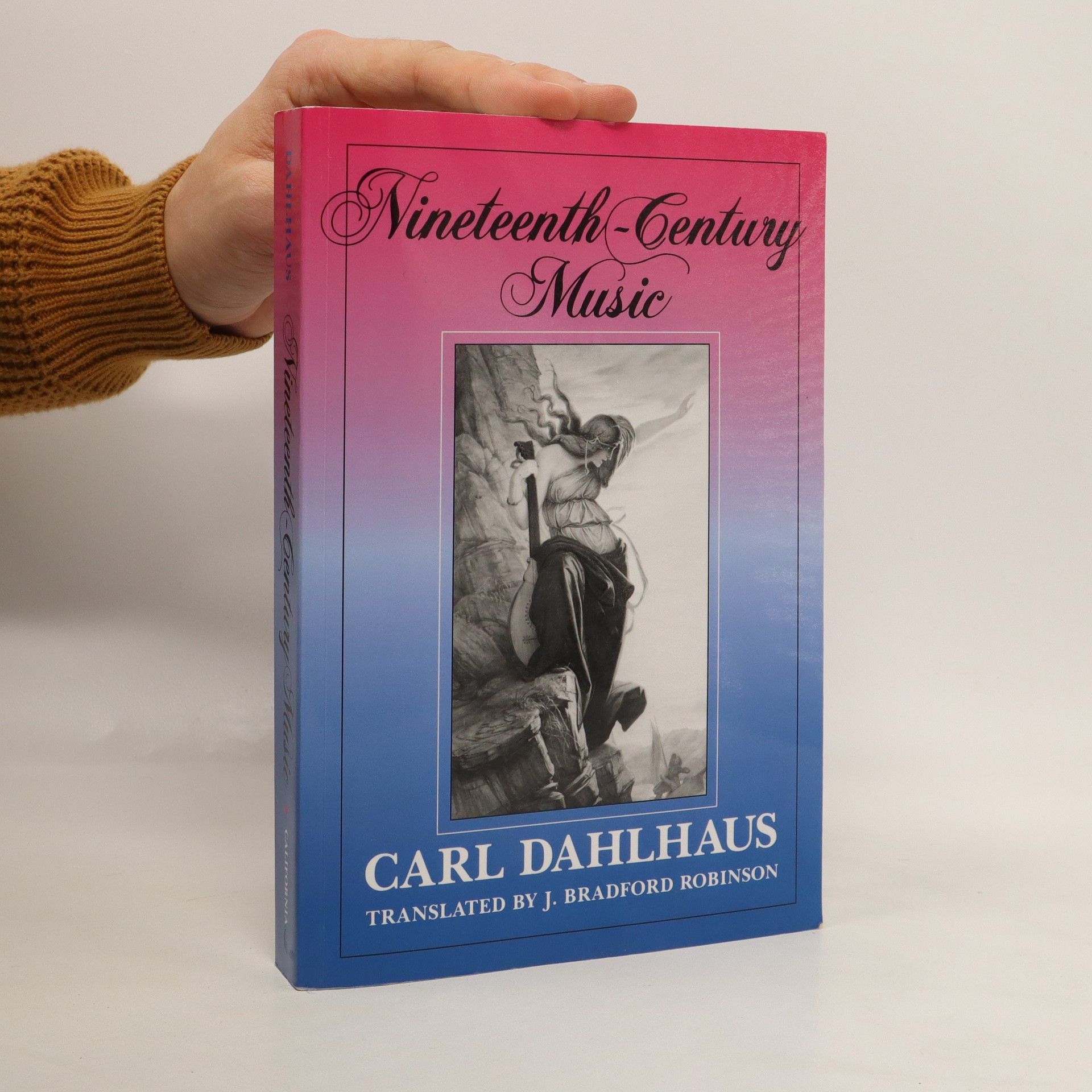

Realism in Nineteenth-Century Music
- 140 pages
- 5 hours of reading
Revised notes cater specifically to the needs of English-speaking readers, ensuring clarity and accessibility. This adaptation enhances understanding and engagement with the material, making it suitable for a wider audience.
Streifzug durch die Geschichte der Musik. Carl Dahlhaus und Norbert Miller erläutern, wie sich die traditionelle Opernform und der neue sinfonische Stil seit 1770 gegenseitig befruchten. Die Geschichte dieser Symbiose ist die Geschichte der klassisch-romantischen Musik als eine einheitliche Epoche. An ausgewählten Ereignissen werden die Umbrüche ebenso wie die kaum merkbaren Veränderungen sichtbar gemacht.
Europäische Romantik in der Musik; .
Band 1: Oper und symphonischer Stil 17701820
- 854 pages
- 30 hours of reading
Die Autoren Carl Dahlhaus und Norbert Miller untersuchen die Wechselwirkungen zwischen der traditionellen Opernform und dem neuen sinfonischen Stil seit 1770. Sie beleuchten, wie diese Symbiose die klassisch-romantische Musik prägt und sowohl markante Umbrüche als auch subtile Veränderungen sichtbar macht. Der erste Band beginnt mit Glucks Musikdramen und analysiert die Entwicklung durch bedeutende Werke von Cherubini, Haydn, Mozart und Rossini, während er gleichzeitig kontroverse Debatten über das Verhältnis von Oper und Symphonie thematisiert.
Brockhaus-Riemann-Musiklexikon
in vier Bänden und einem Ergänzungsband
